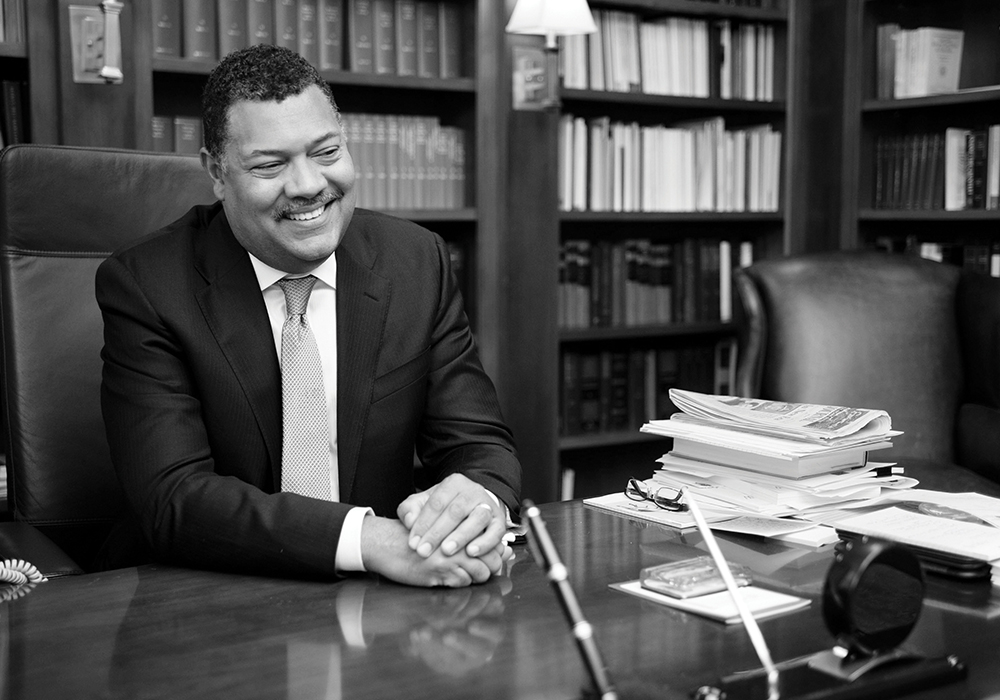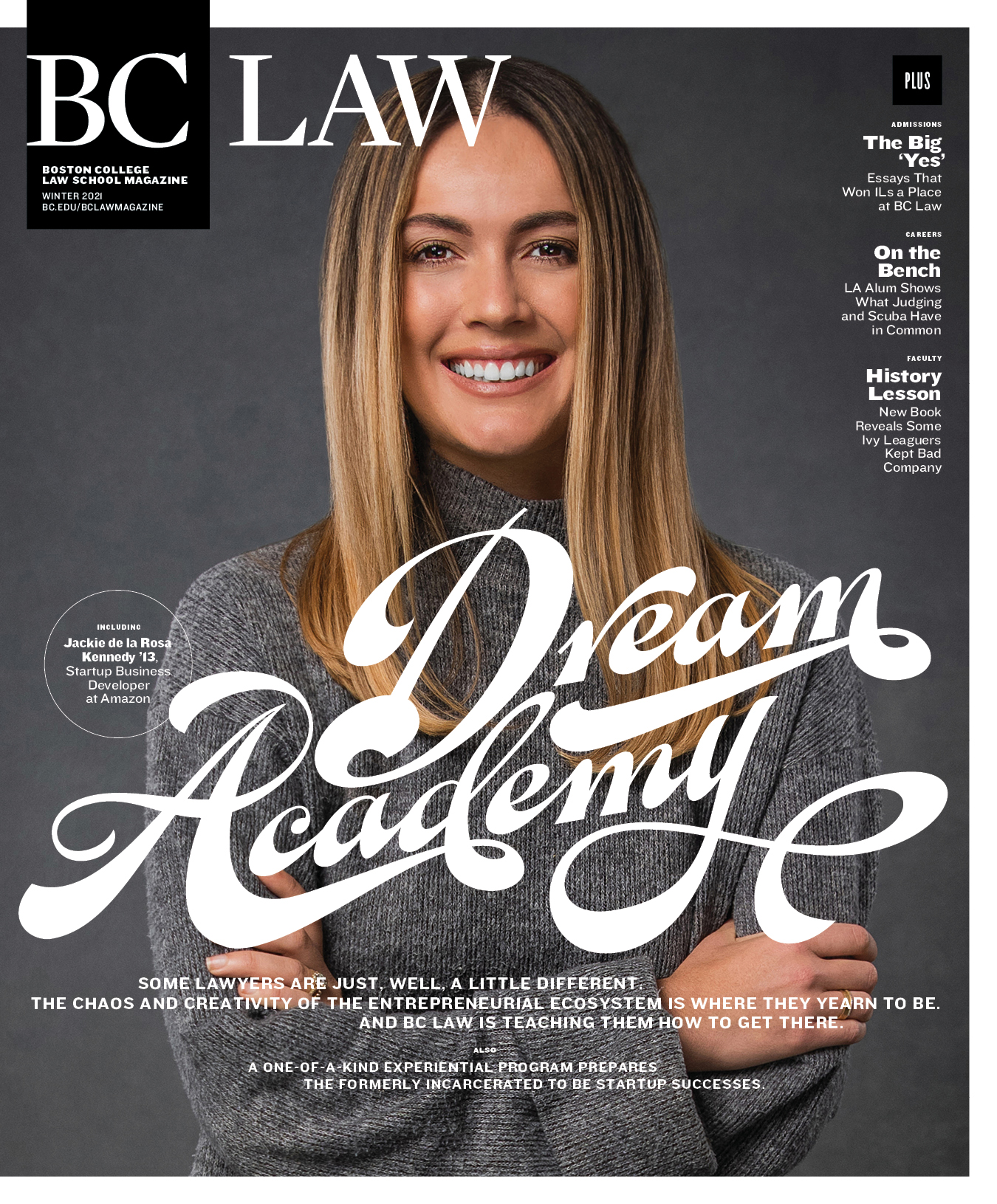I sometimes find it hard to wrap my head around everything that happened in 2020, and as we move into 2021 I feel a real sense of gratitude and hope for better days ahead for all of us. One big change for me this year is that I began my term as president of the Association of American Law Schools (AALS) at the group’s annual meeting in January. BC Law has a long tradition of providing presidents to the AALS; Dean Richard Huber and Dean John Garvey also served as AALS presidents. I am honored to continue this legacy.
The AALS serves two distinct missions: It brings together law faculty and administrators from around the country and many parts of the world every January to dive into discussions across the broad range of specialty areas in legal scholarship and education, and to attend plenary sessions that offer all of us the opportunity to hear from prominent figures in law, government, and higher education, to name a few key areas.
The meeting itself is a concrete manifestation of the second key role for the AALS: It serves as the learned society for law professors. One aspect of running a law school that is often difficult to communicate to those outside of it is the central importance of the faculty’s research and scholarship. It is, of course, essential that law schools focus on developing practical skills in students, but law professors are teachers and scholars, and their scholarship is critical to the health of the profession and our democracy.
“My theme for the coming year is ‘Freedom, Equality, and the Common Good.’” —Dean Vincent Rougeau
An important recent example of this is scholarship in election law. It is hard to imagine many things more foundational in a democracy than the integrity of elections.
In the weeks before and after the presidential election, we saw numerous challenges to how people vote across the country, and to how the votes were counted and certified. Legal scholars who have spent years studying our election system were called upon to advise on various voting processes around the country, and to offer opinions in court cases that attempted to challenge vote counts or limit the ability of citizens to cast votes. Along with some heroic local election officials, lawyers and legal scholars were the medical professionals who got the patient through the crisis.
Each AALS annual meeting has a theme, and my theme for the coming year is “Freedom, Equality, and the Common Good.” As we saw with our presidential election and the Capitol insurrection on January 6, democratic values like equality cannot be fully realized in an election system in which citizen participation is unfairly discouraged or confidence in the system is compromised. We also have seen fissures erupt in American society about the concept of freedom, most fundamentally in terms of how we understand its limits. Is our freedom undermined when we make sacrifices for one another in the face of a deadly threat, or is our understanding of freedom primarily self-referential and unable to exist in a complementary relationship with our responsibilities as members of communities or the common good?
The past year has made clear that we stand at a crossroads in our history as a nation, and it is my privilege to take up the presidency of the AALS in this particular moment. As we consider the year ahead, I am looking forward to having legal scholars from every discipline address this theme and engage the many issues that it raises for our legal system, our politics, our economy, and our democracy.



